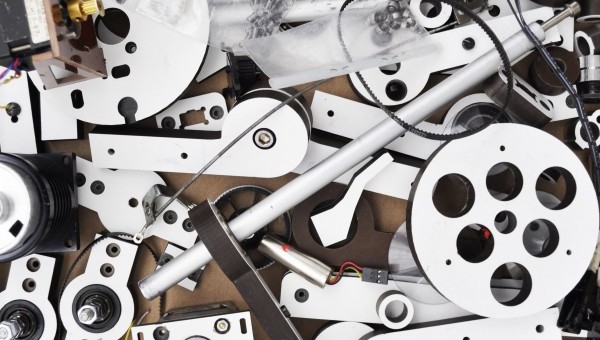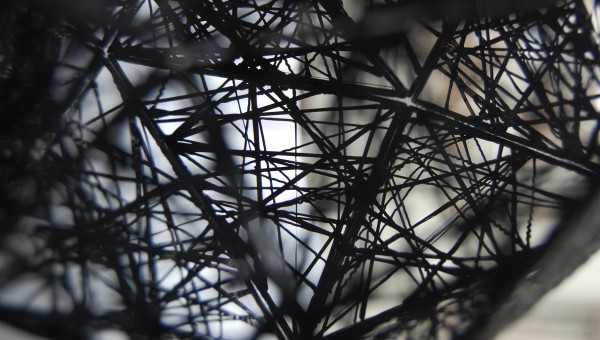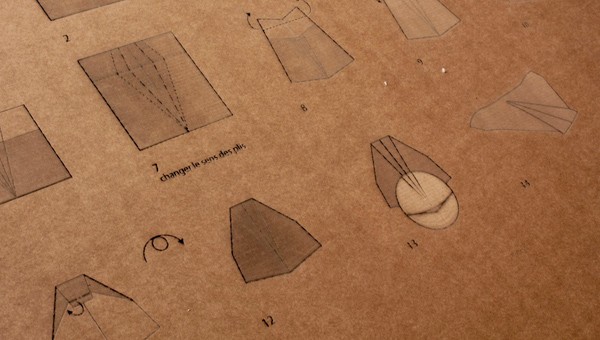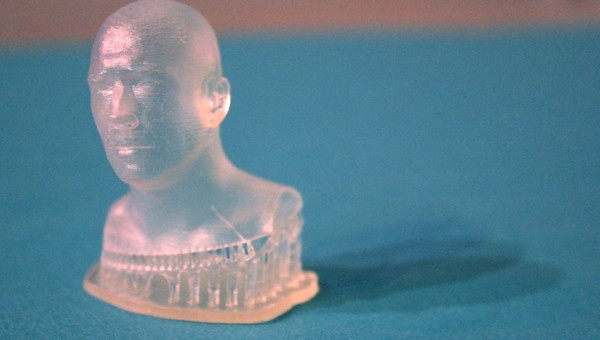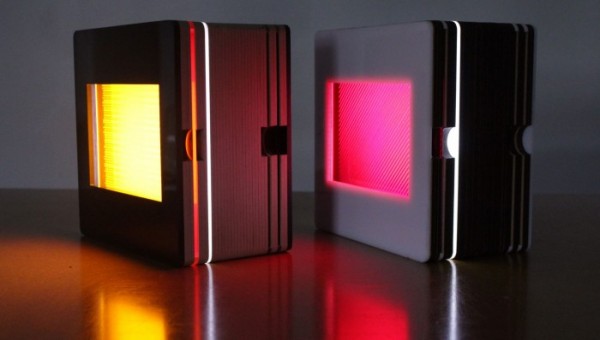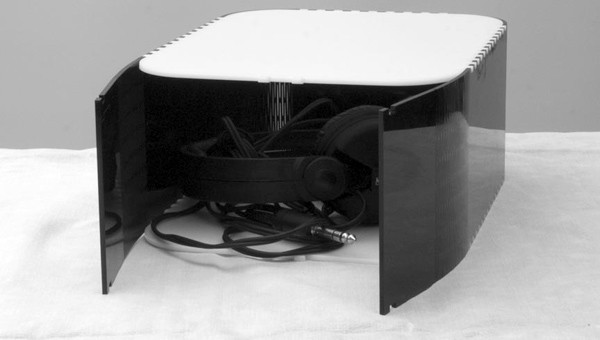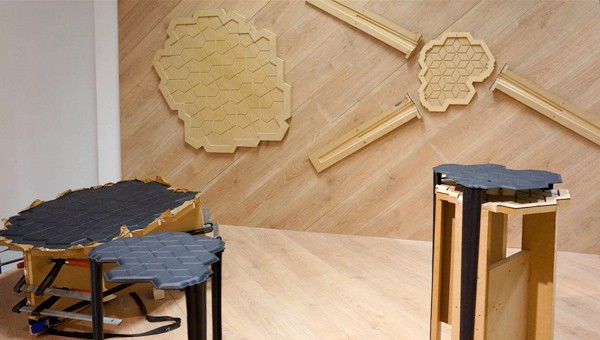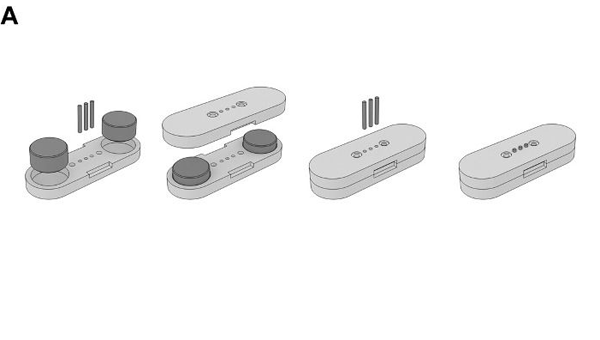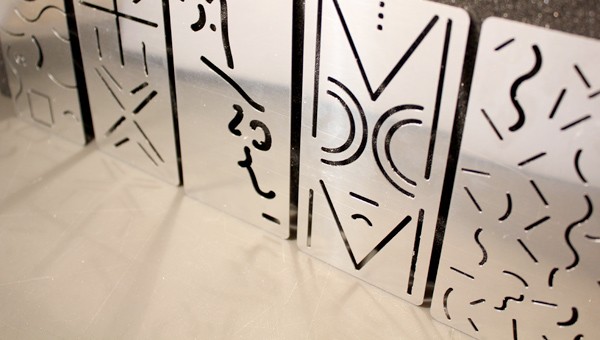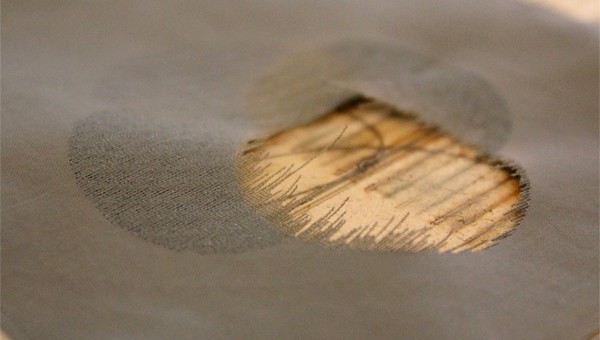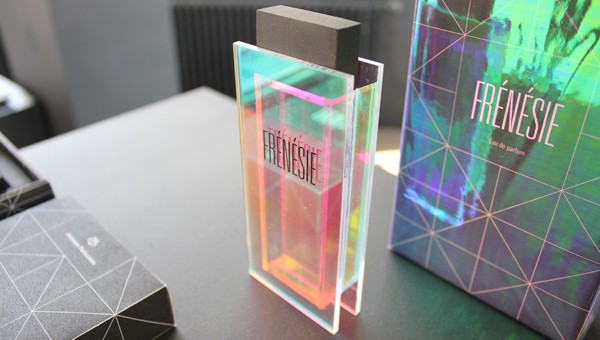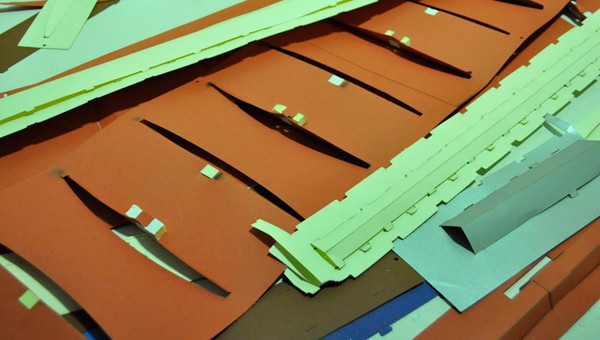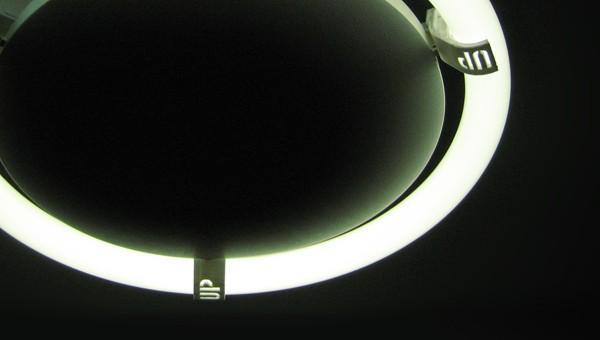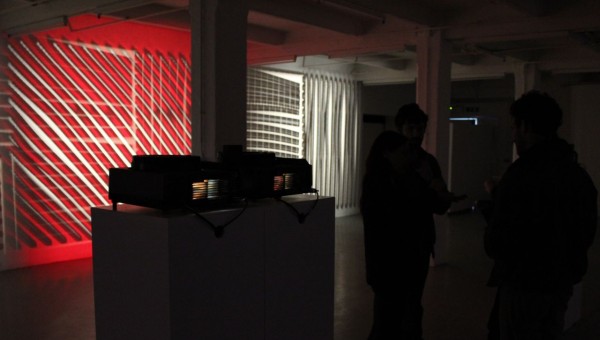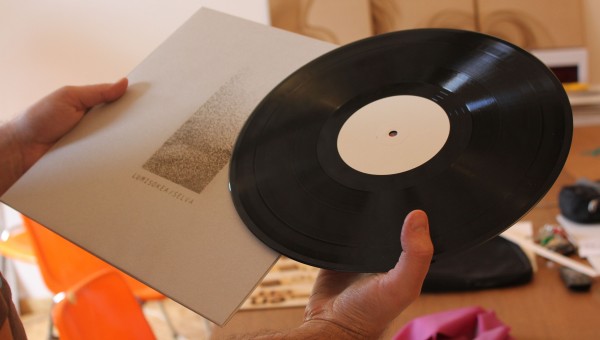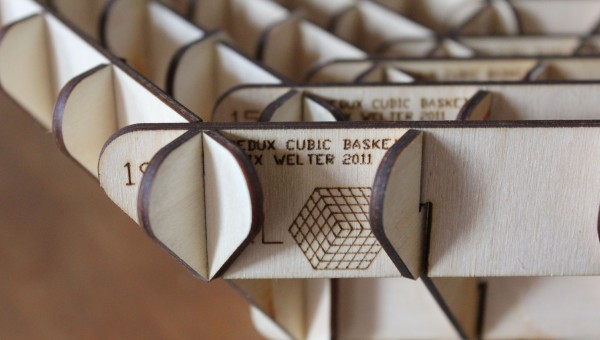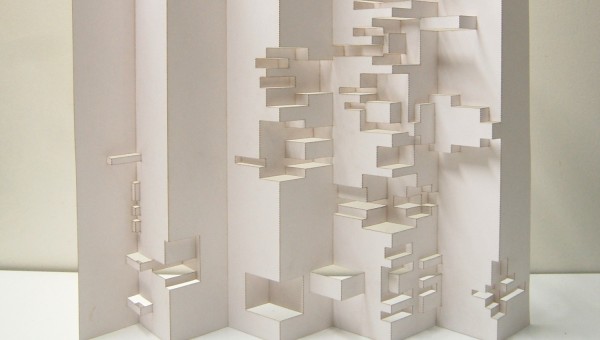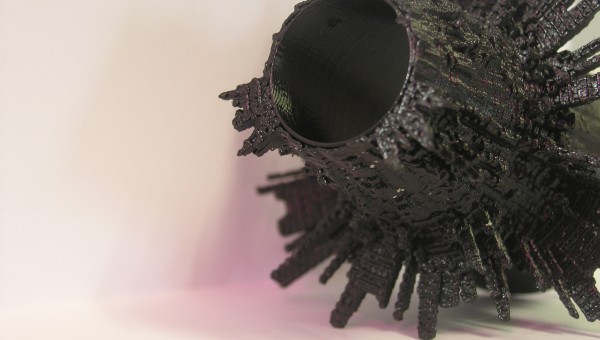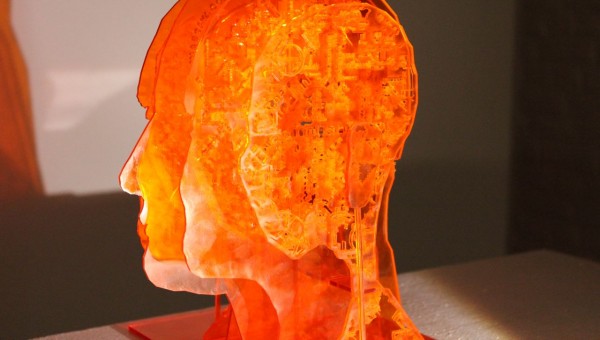FabLab.iMAL
Over FabLab iMAL
iMAL, het Centrum voor Digitale Culturen en Technologie, opende in 2012 het eerste creatieve FabLab in Brussel.
Een fab lab (afkorting van het Engelse fabrication laboratory), is een coöperatieve werkplaats waar uitvinders en ontwikkelaars gebruik kunnen maken van een collectieve infrastructuur. Hier staan onder meer computers, 3D-printers, lasersnijders en frezen.
Om de naam fab lab te mogen dragen, moet deze werkplaats voldoen aan het Fab Lab Charter.[1] Het is gebruikelijk op ontwikkelde producten geen patenten te nemen omdat het verdedigen van een patent dat in een Fab Lab is ontwikkeld vrij moeilijk is (er zijn meer dan 220 labs wereldwijd; hun output te monitoren is onmogelijk voor een Fab Lab uitvinder) en omdat Fab Labs in de spirit van open source werken. (van wikipedia.org)
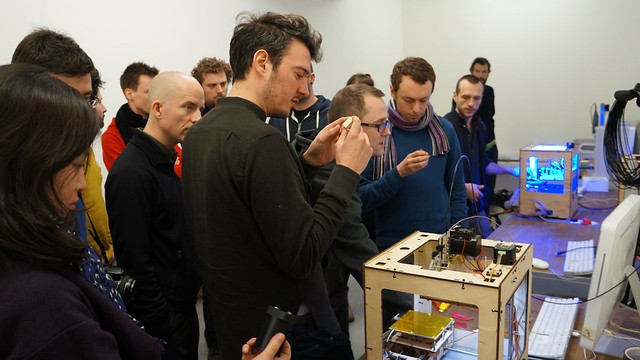
Dit FabLab openen was voor iMAL een evidentie. We bieden Brusselse creativelingen – zowel ontwerpers, kunstenaars, designers, ontwikkelaars, doe-het-zelvers of nieuwsgierigen- een innovatieve omgeving aan, waar ze kunnen experimenteren en leren.
We also think that digital fabrication technologies are just at the beginning of a radical change in the ways objects are designed and manufactured, an evolution (maybe a revolution) bringing new open and participative design processes and open source approaches to the manufacturing of new innovative, useful, sustainable physical objects.
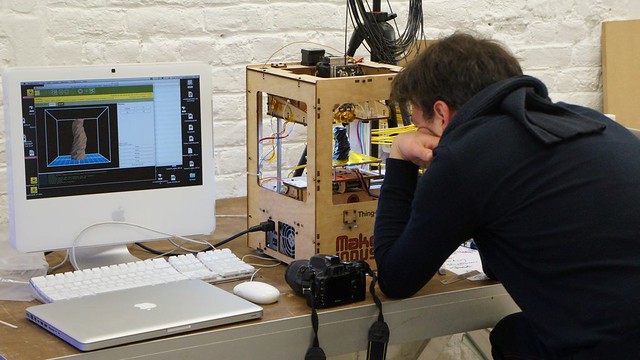
Following the success of the free/libre/open-source (FLOSS) approach to software and electronic hardware (e.g. arduino), we are entering in the age of Open Source Hardware. Combined with the explosion of DIY practices amplified through online platforms and communities and the ubiquituous cheap and flexible digital machinery, the open source approach to objects is going to change radically how we design and manufacture them, opening the era of open fabrication. More and more people will design their own objects for their very local and contextual needs and pleasure, producing them with new types of fabrication machines and sharing them through the global village... More and more the process of designing and making physical objects will be open and participative, with online sharing of practices, blueprints of objects and open source fabrication machines, resulting hopefully in social and industrial innovations driven by the communities.
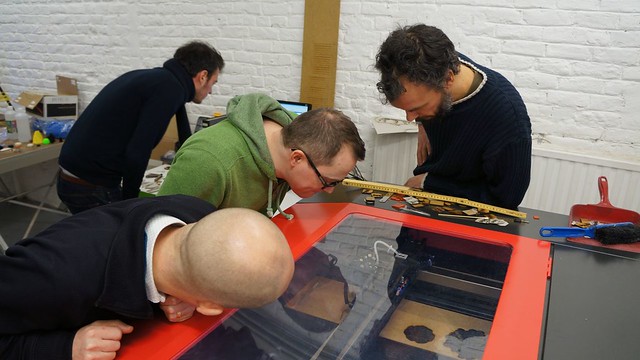
FabLab.iMAL is second Belgian artistic FabLab after Ghent (Timelab). It fully respects the MIT Fablab charter, is integrated with the network of european fablabs and collaborates with engineering schools fablabs such as the Erasmus Hogeschool Brussel one.
More on FabLab.iMAL project:
- official opening of FabLab.iMAL, 14 September 2012
FabLab iMAL
Een archief : 1999-2010-2019
Deze pagina is een archief van de iMAL website zoals die tussen 2010 en 2019 bestond. Alle activiteiten en projecten die sinds het begin in 1999 door iMAL georganiseerd zijn zijn hier gearchiveerd.
Het meest recente nieuws en activiteiten kan je terug vinden op onze nieuwe website: imal.org

